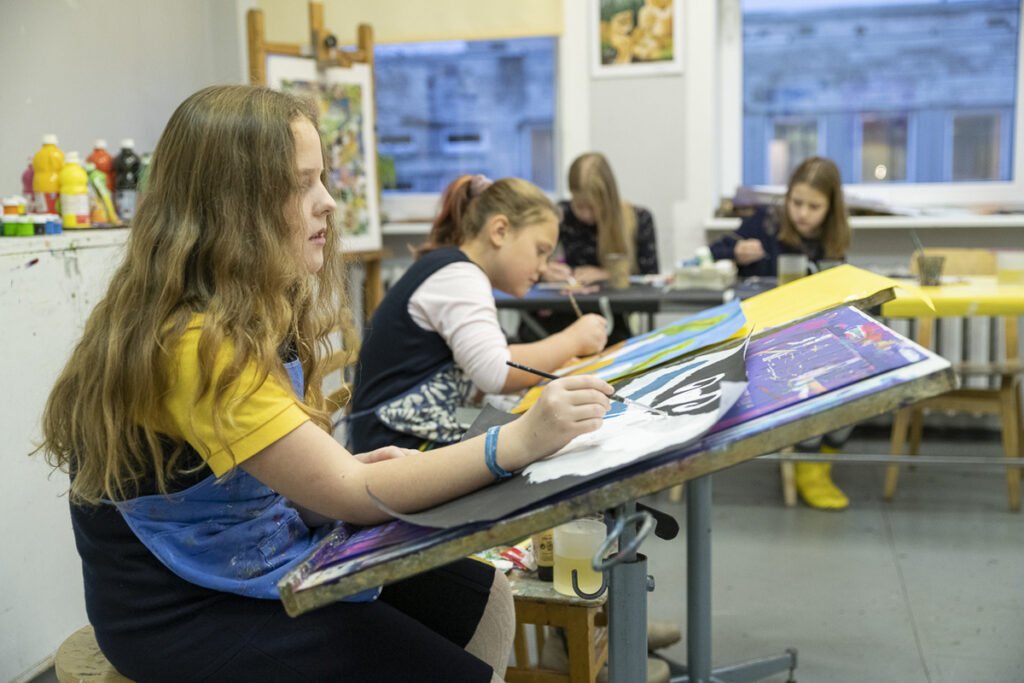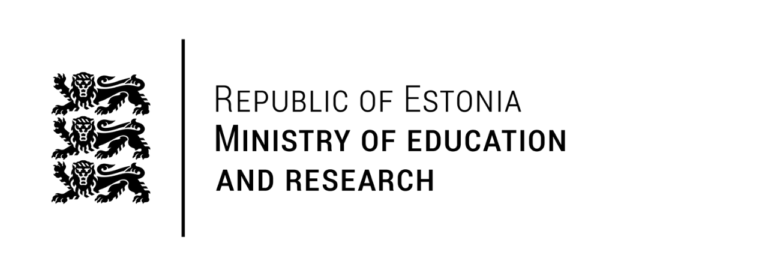How to support the mental health of students when it is not possible to meet? The corona crisis has put the adaptability, flexibility and caring of us all to the test. In addition to insecurity and anxiety, the crisis, fortunately, provided new opportunities and ways to support the mental well-being of both students and teachers.
Ada Urm, school psychologist, Estonian Association of School Psychologists
While telephone and web-based remote counselling are not exactly the same as face-to-face meetings, it is a good option in situations where it is not possible otherwise – for example, when different parties live in different cities or countries. Thanks to e-solutions, different parties can be heard, and it is easier to involve everyone. Among Estonian school psychologists, online counselling has become an important addition to their toolbox. Considering that many young people prefer virtual meetings to a psychologist’s office, it is definitely worth using e-counselling more often in the future as well.
See also:
New school year, new challenges
In a crisis, the very important principle is that only those who can maintain balance in themselves can support students and colleagues. Regular web meetings with colleagues, where they can exchange experiences and ask for advice if necessary, have also become very important for school psychologists. The meetings are also open to professionals who, due to the nature of their work or the distance, find it difficult to travel to larger cities. The support specialists have in turn disseminated the good practices received from colleagues in their school, and support groups have also been established in schools to provide additional support to school staff.
Hotline
At the beginning of 2021, the Estonian Association of School Psychologists, in cooperation with the Ministry of Education and Research, established a counselling line where it is possible to consult a qualified school psychologist anonymously and free of charge.
Digital media
During the crisis, which has lasted for a year and a half, a number of digital tools, podcasts, online courses and other materials have been developed to support the maintenance of mental balance. A good example of such mental health promotion work is the campaign “Mental Health Vitamins ” of the Estonian MTÜ Peaasi, which provided teachers and support specialists with practical materials to use with students.
Estonian educational technology
Of course, innovative digital tools to support students’ mental health were created also before the corona crisis brought this issue to the fore. Several Estonian start-ups have developed solutions to develop the self-regulatory skills of children and young people and to make the work of school specialists even more efficient. One example is the health game TriumfHealth , during which children learn practical coping skills and raise awareness of their (physical and mental) health.
In collaboration with educational psychologists, Clanbeat – a digital platform that allows students to plan their day, set goals and monitor activities – has been developed. It allows teachers and other school staff to monitor the student’s coping and see how the student evaluates his or her own performance. Through Clanbeat, school staff can also communicate directly with students and, if necessary, plan prevention and intervention in collaboration with a support specialist.
It is also worth mentioning Helge School , which enables school psychologists to carry out preventive mapping of problems or concerns among young people aged 13-19 and thus to plan their work better. For example, plan thematic briefings, group, or individual counselling.
Focus on the solution!
Summarizing the experience of the last year and a half, we see that focusing on solutions helps to cope. Anxiety and stress do not have to be ignored, however, looking for solutions is more effective than worrying. Flexibility and adaptability in the development of which the opportunity to learn from each other is central help to overcome difficulties. As always, the keyword is collaboration. Both in the family, in kindergarten, at school, between colleagues and between different organizations.






